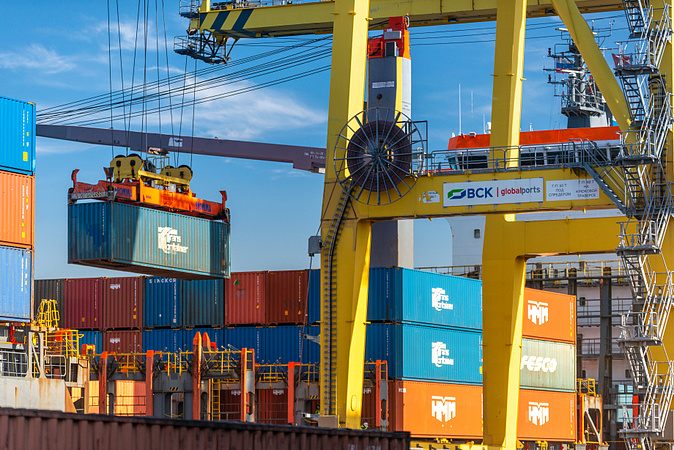
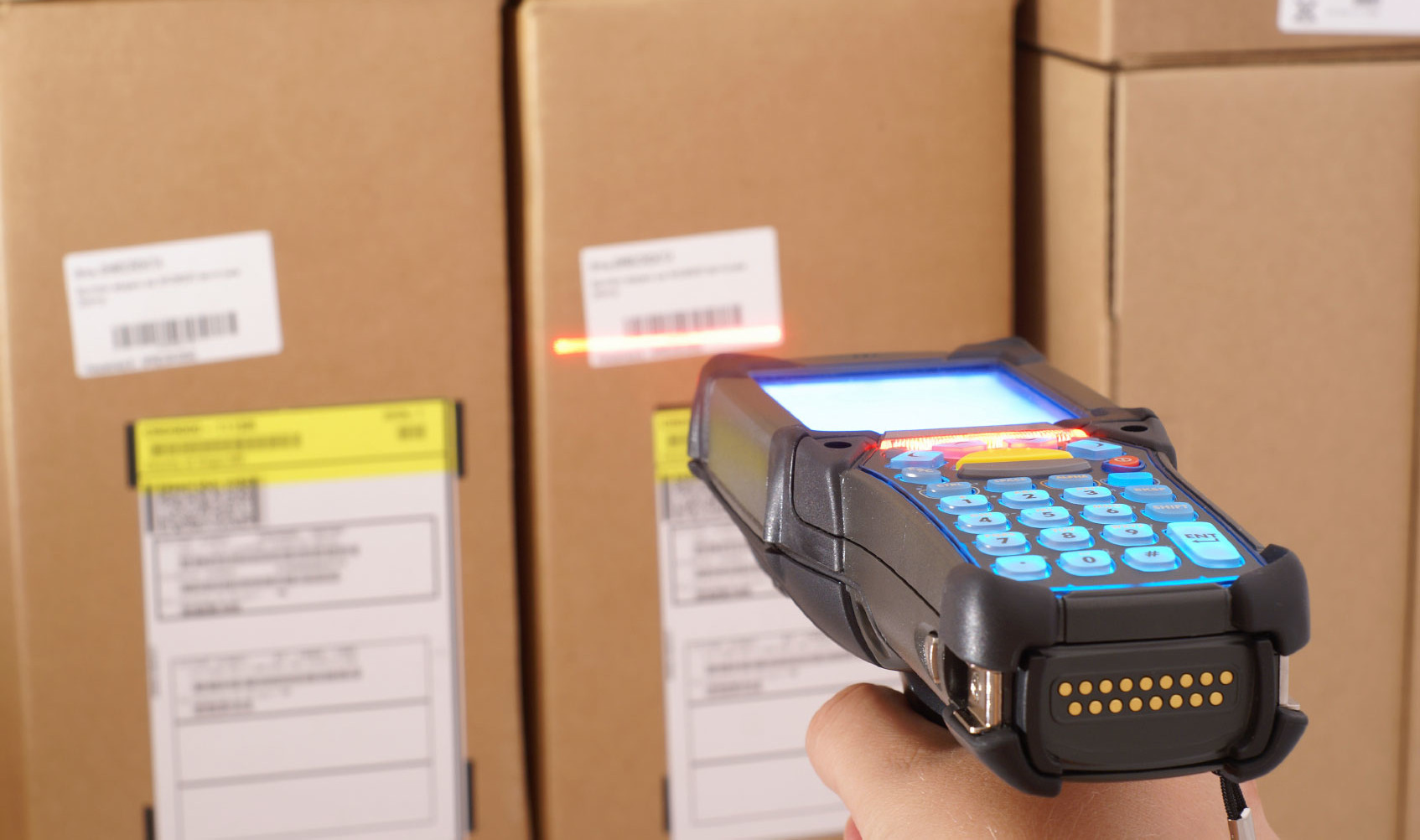



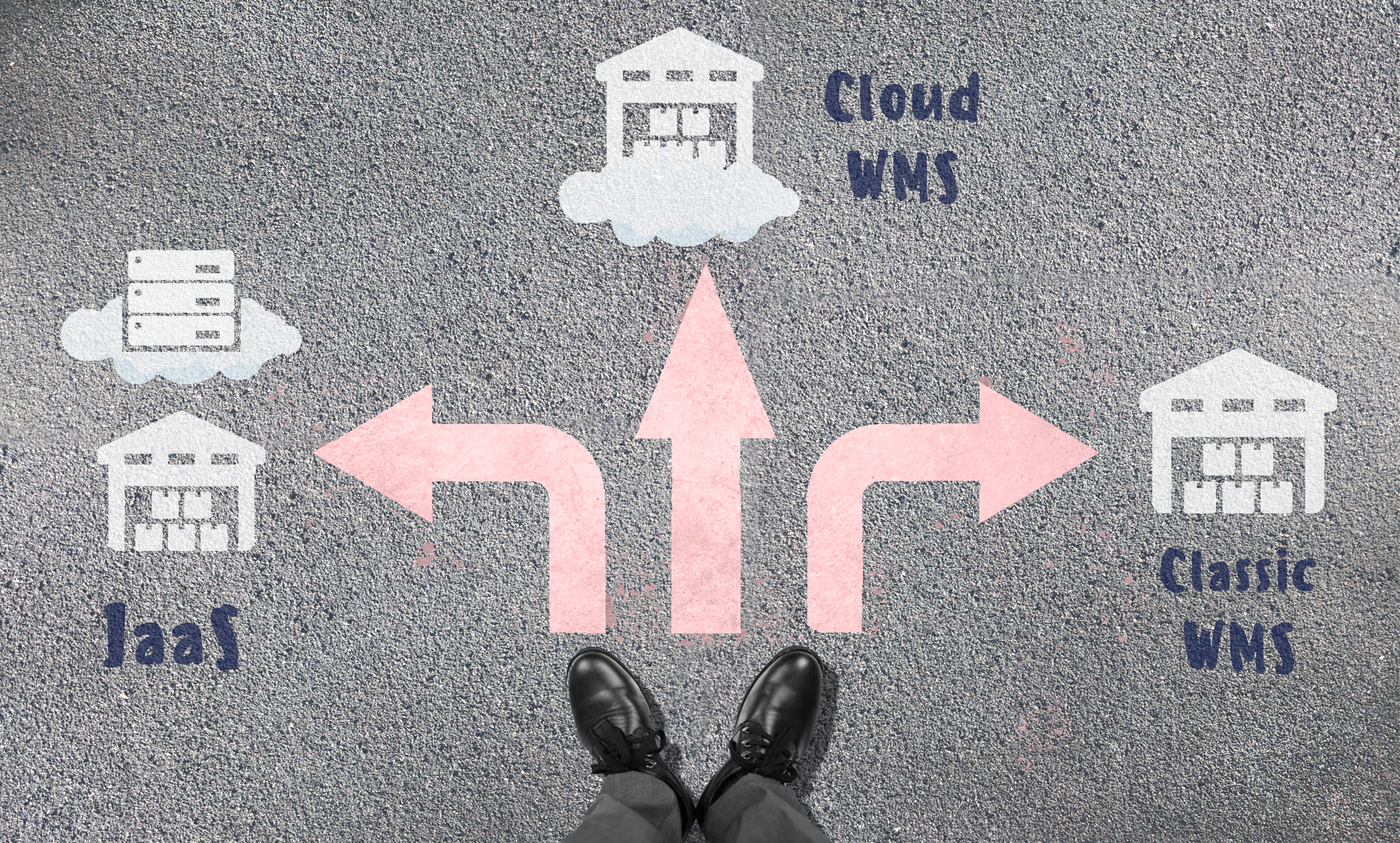
In today’s rapidly shifting environment, many companies, both big and small, are looking for warehouse solutions that can meet their needs and requirements for speed, accuracy and fast shipping turnaround times. In the current COVID-19 days businesses are struggling to predict sales and forecast demands. They all are looking for solutions that could deliver flexibility meeting or even exceeding their business and industry needs.
Cloud-based warehouse solutions become more and more popular among various companies. Cloud WMS seems to be the most budgetary and simple solution for a warehouse. However, it is helpful to be aware of the problems that companies face on a current basis. Let's take a closer look at what cloud solutions for warehouse logistics exist, and how to understand which ones are more appropriate for your warehouse or cargo terminal, which includes a warehouse area.
Any cloud system has three types of infrastructure:
Private. The cloud is owned and operated by one company. The company can use the cloud for its own purposes or rent it out. The cloud is hosted on the servers of this company or on rented servers.
Public. The operator company hosts the cloud on its own or rented servers and leases it to a wide range of users.
Hybrid. It is a combination of private and rented resources. For example, one part of the infrastructure can be hosted in a private cloud of a company or on traditional physical servers, and the other part – in a public cloud rented from a provider.
To better understand, let's imagine that we are going on a road trip. If we travel in our car with our own trailer and navigator, then it looks like a case with a classic WMS. Like this car and its accessories, WMS, servers and the cloud belong to our company.
If we have our own car, but we rent a navigator and a trailer, then it will be similar to the type of commercial relationship IaaS (Infrastructure as a Service). In this case, we buy a WMS, but we rent computing power from a cloud technology operator.
If we do not have a car or accessories for it, then we use carsharing - we rent everything at once. This is similar to the SaaS (Software as a Service) commercial relationship type. In this case, we rent both WMS and the entire IT-infrastructure. And that's when we call WMS a 100% cloud system.

Classic WMS. All data is located on the servers of your company. The risks of leaking important business information are minimal. You only have the risk of physical access to your data by third parties if safety precautions are not followed. But this problem is solved by drawing up a contract with the vendor, providing session access to data and logging all the actions.
WMS + IaaS. The security level is also high in this case. Important data is located on the company's servers, and computing processes are performed in the operator's cloud.
Cloud WMS (SaaS). This type of WMS is the most vulnerable to security. Many users are connected to the public cloud service. You do not always understand how data is stored on an open resource, where you upload it. You should carefully read your operator's data protection policy.

Classic WMS. You have 100% control over the servers. The system will continue to work on local servers even if the Internet is disconnected. If you need a WMS for a manufacturing warehouse, it is better to choose the classic version of the system so that the operation of expensive equipment does not depend on third-party servers. But take note that private servers are physically vulnerable and more expensive to maintain.
WMS + IaaS. The stability of the Internet connection and the reliability of the cloud operator ensure the stability of the cloud WMS. If the Internet network is lost, or the operator has technical problems, then the work of the cloud WMS may stop. But in the case of WMS + IaaS, we can connect local servers and make sure that important system functions work in an emergency mode.
Cloud WMS (SaaS). Since cloud WMS is rented on someone else's server, your warehouse is completely dependent on the service provider. Cloud WMS will work well with a stable Internet connection, but if the Internet connection is lost or the operator's servers fail, the warehouse operation can completely stop.

Classic WMS. It adapts as much as possible to the individual characteristics of your warehouse and considers your wishes (if we are talking about a good WMS supplier). Classic WMS integrates with almost any manufacturing equipment and software.
WMS + IaaS. The benefits are the same.
Cloud WMS (SaaS). The service is rendered in the form of a ready-made solution "package". You can remove some functions from this system, but it will be difficult to add new ones. Also, it will be difficult for you to personalize operation of the system for your individual tasks.

Classic WMS. It is easier to expand and supplement its functionality for the tasks of your warehouse. If you decide to migrate to a new WMS, you can partially use the functionality of the existing one. On the other hand, you may need to pay additionally for some innovations, expansion of the IT infrastructure. The process of migrating to a new WMS will be expensive and not fast.
WMS + IaaS. The benefits are the same. The system will always stay with you, you can customize and expand its functionality. You can also save additional savings on expanding your IT-infrastructure due to the cloud.
Cloud WMS (SaaS). As your warehouse space, equipment park and tasks begin to grow, you may not be able to find enough of the features available from the cloud WMS "out-of-the-box" package.

Classic WMS. You buy the complete system straight away, so the price will be higher. But this product is 100% yours.
WMS + IaaS. You also buy a ready-made product, the price of which is comparable to the cost of a classic WMS, but at the same time you save significant money on the IT-infrastructure.
Cloud WMS (SaaS). You make monthly payments for the rental of the system, which does not require a one-time attraction of a large amount of money. But do not forget that the system will have to be implemented. If you do not have specific competencies and professional IT specialists, you will need a complete package of installation services. As a result, the price of cloud WMS can be even higher than the price of classic WMS. Implementation and integration of such a system will be also not so quick and easy.
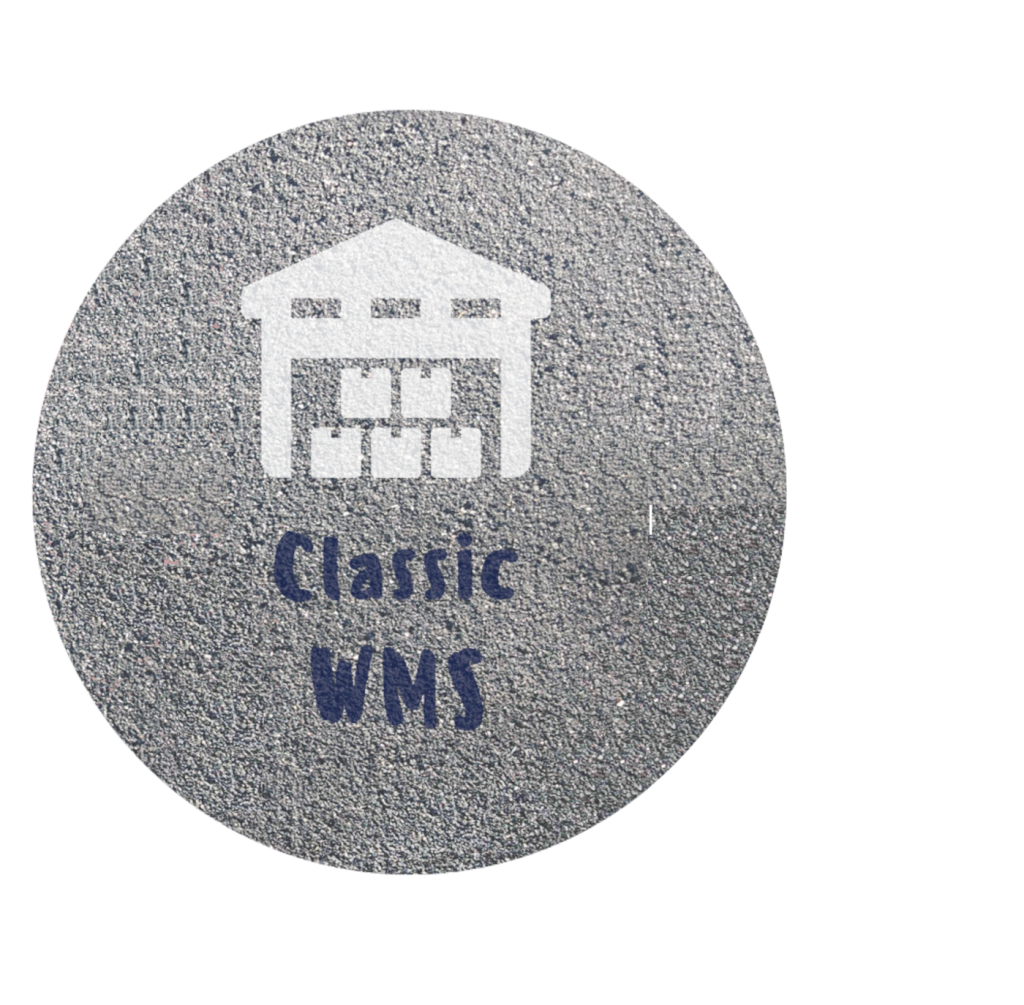
You have a medium or large warehouse
Your company has a strict security policy
Your company cannot trust a third-party operator
You need a highly customizable solution
For example, you can consider the Solvo.WMS system both separately and in the structure of the Solvo.SCE technological platform, which includes TOS solutions for cargo terminals, WMS solutions for a warehouse area, solutions for managing a warehouse yard, interaction with customers, billing and many others.
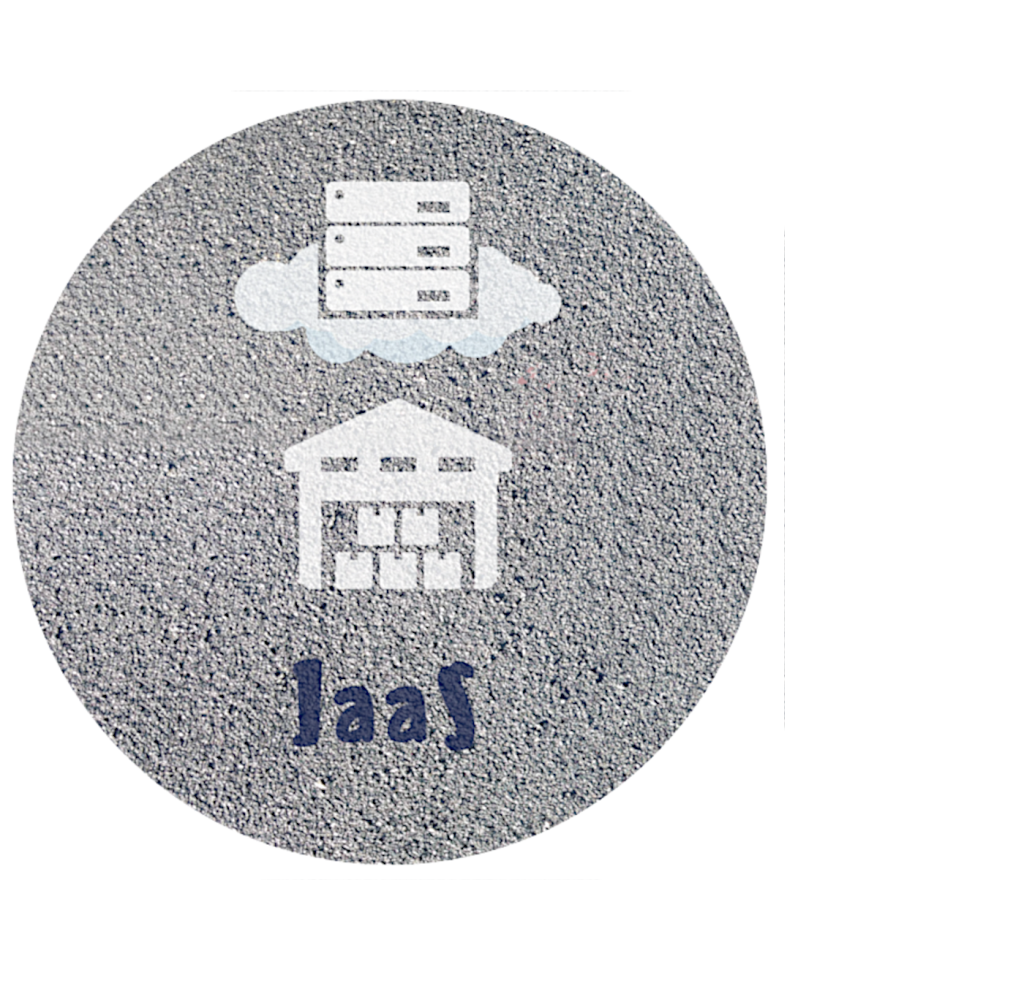 WMS + IaaS suits your warehouse in these cases:
WMS + IaaS suits your warehouse in these cases: You have a medium or large warehouse
Data security is important to you
Your company is not ready to independently service the IT-infrastructure
You understand that in the future your company will grow and you will need to expand the functionality of the installed WMS for new tasks
You want to save money on expanding your company's IT-infrastructure
You can also consider the Solvo.WMS system separately or as part of the Solvo.SCE platform.
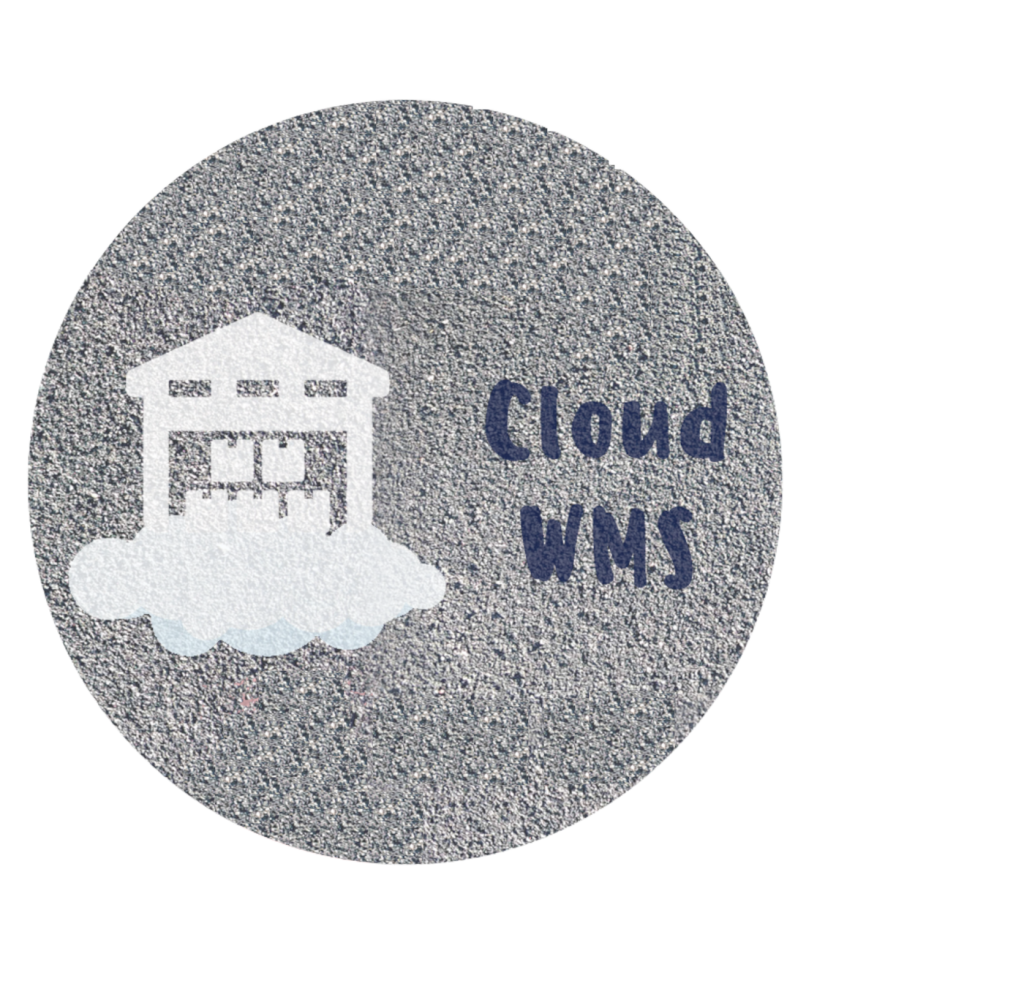
You have a small and simple warehouse
Basic WMS functions are enough for you and you do not plan to use other functions in the future
You are just starting a business. You don't have enough money for WMS and IT-infrastructure development





